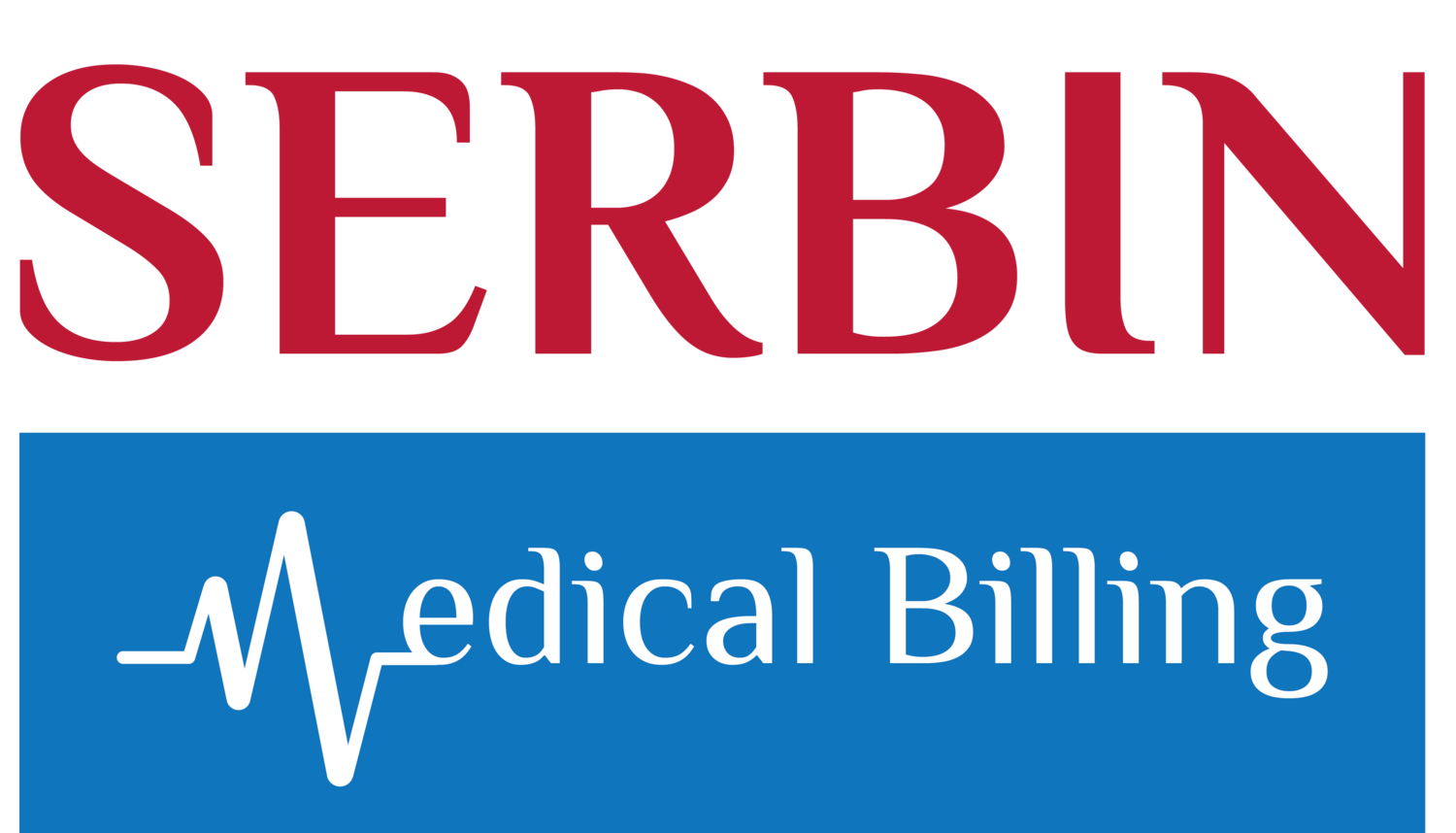Ask Caryl: Addressing High Patient Balances
Q: When evaluating our ASC's accounts receivable (A/R), I noticed an unexpected high amount of outstanding revenue in patient balances. What are your recommendations?
Caryl Serbin: When evaluating ASC revenue cycle concerns, we find that patient billing is often neglected. Patients are less likely to pay if bills are delayed for weeks or months after the procedure was performed. It's easy for patients to assume they don't owe you money if several months go by without receiving a statement. It's very rare that a patient will call and ask you if they owe anything. This is not only inflating your A/R, but any monies not in the ASC's bank account are losing interest income.
Recommendations:
If possible, collect deductibles and co-payments prior to procedure. If a patient is unable to pay the full amount up-front and depending on your ASC's financial policies, establish a promissory note stipulating when payments are due. Establish a tickler system to help remind your staff to send a statement prior to the due date each month. Monitor payment plans to ascertain patients are meeting promissory note obligations.
When a patient's third-party payer has accurately paid their portion, the payment poster should immediately transfer the balance to the patient or guarantor. Send the patient statement immediately and every 30 days thereafter.
Most ASC software is capable of generating statements daily so that all patients receive a regular reminder of their financial responsibility every 30 days. Sending a few statements daily is a much simpler and less time-consuming task than trying to send them all at one time.
Have an ASC revenue cycle question? Ask Caryl by emailing caryl@serbinmedicalbilling.com or fill out the form on this page.
Access archived Ask Caryl columns here.
Never miss a new Ask Caryl by following Serbin Medical Billing's LinkedIn page.



